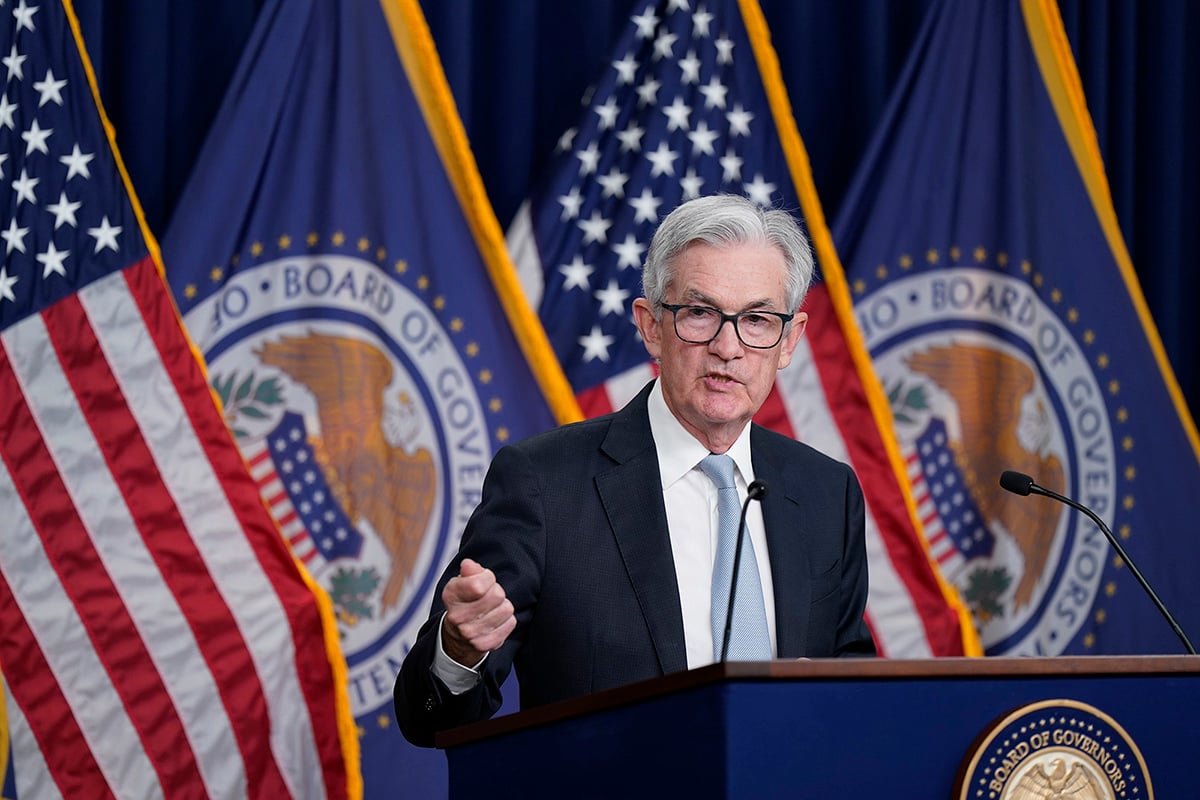Besides renewal of the current Terrorism Risk Insurance ProgramReauthorization Act (TRIPRA), the insurance industry is askingCongress to expand and clarify the law to fill gaps incertification and coverage areas.
|Duncan Ellis, Marsh's property practice leader, said yesterdayin an interview during a Washington appearance that the fact thatthe Obama administration has been silent, despite industryprodding, in saying whether the Boston bombing last year was aterrorist event points out a primary industry concern about thecurrent law. Philip Edmundson, co-founder of William GallagherAssociates, a Boston national brokerage firm, said in an interviewwith PC360, “It has been a year since the event, and yet theadministration has not clarified whether the Boston bombing was acertifiable event.” Under the law, the Secretary of State, theSecretary of the Treasury, and the Attorney General must jointlymake such a determination.
|Edmundson said that as a result of the Boston bombing, he has“seen a continued increase in the number of small and medium-sizedbusinesses that are purchasing terrorism risk insurance. They arenow joining larger organizations in buying terrorism riskinsurance.” He noted the original Terrorism Risk Insurance Act(TRIA) was enacted in late 2002 at urging of large commercialproperties. “Now,” he said, “it seems concern about terrorism riskhas spread, and that is an important change—more and more businessrely upon the federal terrorism backstop for the security of theirbusinesses.”
|Marsh's Ellis, who spoke to PC360 after a roundtable discussion at the Visitor's Center of the U.S.Capitol, said that so far property and casualty insurers have paidout $23 million in health care cost claims stemming from the Bostonbombing and $2.5 million in property claims. But, he said, thebombing highlighted some concerns the industry has with the currentTRIPRA. Aside from the certification process, he said, the industryquestions whether nuclear, biological, chemical, and radiationevents are covered under TRIPRA, and whether cyber attacks can becertified as terrorism events.
|“We want Congress to include language in legislationreauthorizing TRIPRA that clearly delineates the whole protocol forcertification,” Ellis said. Specifically, “we want a 90-day periodestablished for such a determination.”
|Massachusetts Insurance Commissioner Joseph G. Murphy said at a Property Casualty Insurers Association of America (PCI)meeting last October in Boston that the fact many businessesdid not have terrorism coverage in place would have led to thembeing adversely affected by the April 15 bombings. Murphy saidbusinesses and public figures took the “unusual” position that noterrorist act took place in order to “preclude carriers fromtriggering exclusions contained in most business insurancepolicies.” Murphy said officials had no experience and the closureof the sites for more than a week after the bombings made it“difficult to determine exposure or file claims.”
|Murphy said the lack of clarity on whether the event would beofficially declared a terrorist attack under TRIA caused someconfusion in the media and among government officials. Murphy saidhis office submitted data from insurers to the Federal InsuranceOffice, but the bombings did not reach thresholds for damages underthe act, he said.
Complete your profile to continue reading and get FREE access to Treasury & Risk, part of your ALM digital membership.
Your access to unlimited Treasury & Risk content isn’t changing.
Once you are an ALM digital member, you’ll receive:
- Critical Treasury & Risk information including in-depth analysis of treasury and finance best practices, case studies with corporate innovators, informative newsletters, educational webcasts and videos, and resources from industry leaders.
- Exclusive discounts on ALM and Treasury & Risk events.
- Access to other award-winning ALM websites including PropertyCasualty360.com and Law.com.
*May exclude premium content
Already have an account? Sign In
© 2024 ALM Global, LLC, All Rights Reserved. Request academic re-use from www.copyright.com. All other uses, submit a request to [email protected]. For more information visit Asset & Logo Licensing.






